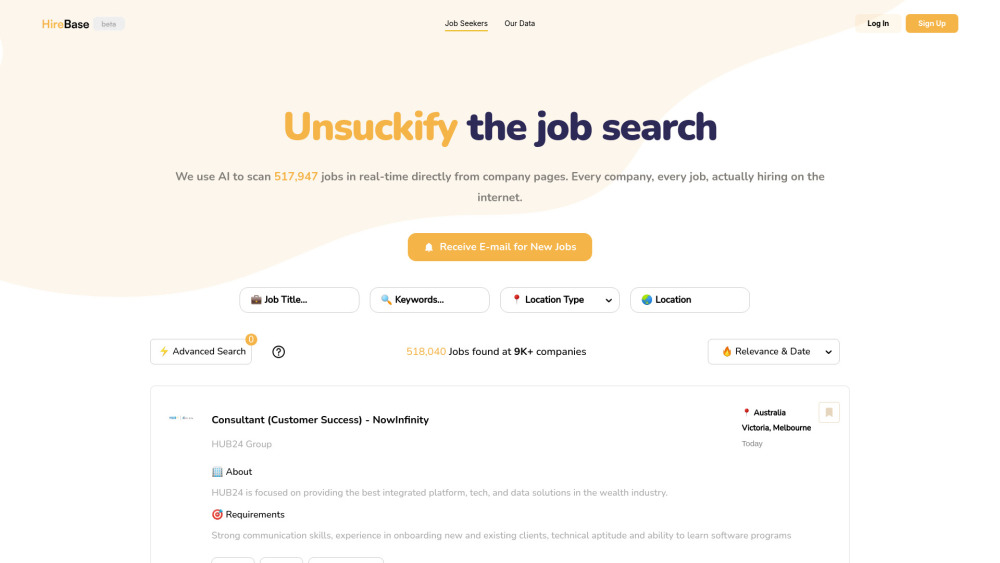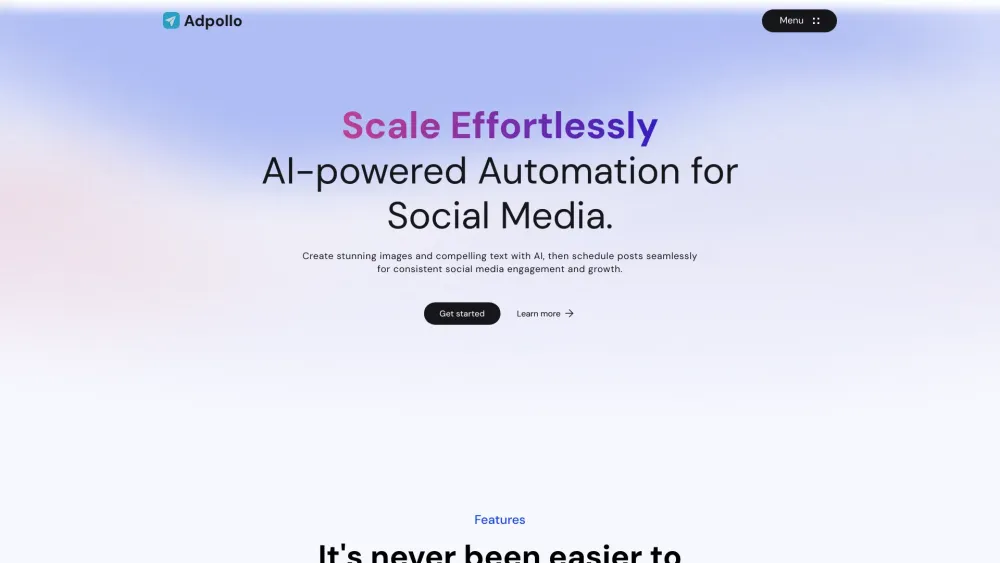Linux Foundation Boosts Open Source Innovation with Generative AI Commons Initiative
Most people like

Unlock the power of an AI research assistant designed specifically for streamlined data analysis. Our innovative tool harnesses advanced algorithms to enhance your research capabilities, making data insights quicker and more accessible than ever before. Whether you're sifting through large datasets or seeking to optimize your findings, this AI assistant is your key to efficient and effective analysis.

Unlock the potential of your creative projects with our AI-powered design tool, specifically crafted for seamless and comprehensive prototyping. Experience an innovative approach that streamlines your design process and elevates your prototypes to the next level.

Introducing the cutting-edge AI job search engine, designed to provide real-time job indexing for job seekers. Our innovative platform simplifies your job hunt by offering instant access to the latest job listings, tailored to your specific skills and preferences. Find your dream job today with our AI-driven capabilities!

Transform your social media presence with our AI-powered platform designed for seamless content generation and scheduling. Effortlessly create engaging posts that resonate with your audience, and optimize your social media strategy for maximum impact. Whether you're a small business, influencer, or marketer, our tool simplifies the process to help you stay on top of your social media game.
Find AI tools in YBX

